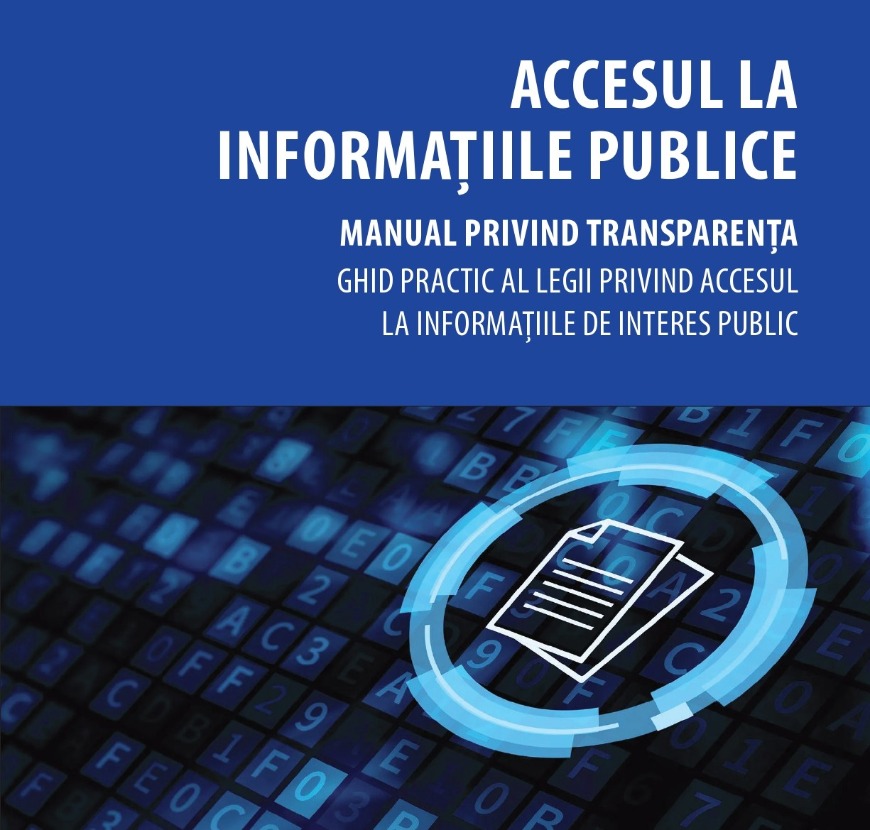What is sexist language and behavior? How could it be identified? What would a citizen do when dealing with sexist speech or behaviour? What is the role of the media and how do journalists act when dealing with sexist speech?
These issues were discussed on 4-6 July, during two-days training course organised by the Council of Europe for a group of civic activists and journalists. The trainings were facilitated by Ph. D. Loreta HANDRABURA, the author of the Methodology for monitoring sexist discourse and behavior in traditional and online media in the Republic of Moldova, particularly during electoral periods, developed within “Support for Media Pluralism and Freedom of Expression in the Republic of Moldova” project.
On 4 July, 20 members of the Librarians Association of Moldova (ABRM) from 12 localities came at the training and on 6 July, 15 journalists from national and regional media outlets took part at the training.
The trainer started with the public speech and its effects, dragging participant`s attention that „through our speech we create, build and deconstruct, express our perceptions, our thoughts. The language defines us, we show approval, disapproval, it is the extension of our fund, accumulated through our experience and values. We are talking about respect and acceptance”.
She evaluated about election comunication based on different forms of discrimination, hate and discriminatory speech, sexism during the elections. She dragged special attention to the sexist language vs balanced language reagrading gender, discursive mechanisms of exclusion through language. Each thesis was completed with examples from the local press, so that participants can better understand and more easily detect cases of hate speech, including sexist speech.
„The training was useful and many more journalists should be aware of this subject, in order to be able to do their job as good and correctly as possible”, TRM correspondent, Valeria Vacarescu said and added that it would be good to deepen the difference between hate speech and the right to opinion/freedom of expression in the future.
Librarians appreciated the training, mentioning that „it was a 10 grade activity, with a lot of useful information and that more similar activities are welcomed”. Aurelia Vrabie, the director of Stefan Voda library mentioned that in the future she will pay more attention to the language: „I will exclude forms of sexist language, I will encourage female expressions, I will pay more attention to the sexist behavior ”.
Besides the group work, brainstorming, individual analysis, participants of the 6 July training had the chance to talk and to adress questions to the deputy Chair of the Audiovisual Council of the Republic of Moldova, Aneta Gonta, who told about the provisions of the methodology for monitoring hate and sexist speech, approved by the Board and which will be applied during the election campaign. She drew attention to the sanctions that AC will apply in cases where cases of hate discriminatory and sexist speech will be filed and reported.








